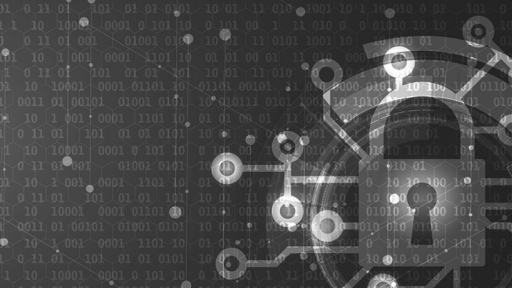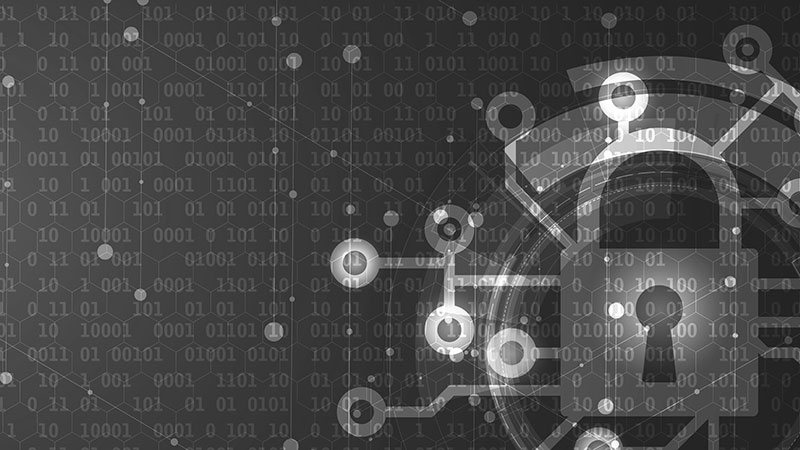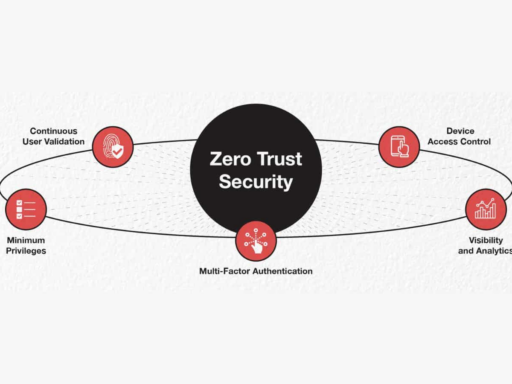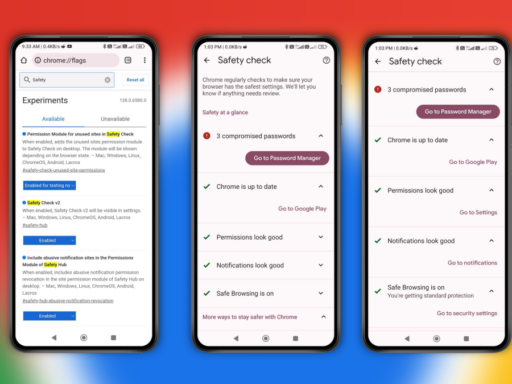As technology becomes more integrated into our daily lives and work, small businesses must take cybersecurity seriously. While you may not have huge IT departments, hackers and scammers still see us as targets. By taking some simple precautions and utilizing the right tools, you can safeguard your data, finances, and reputation in today’s dangerous online world.
Educate Your Team
The employees are on the front lines, so regular training is key. Help them recognize phishing scams and use strong, unique passwords. Remind them to update passwords often too. A little awareness goes a long way in protecting us all.
Require Strong Passwords
Weak passwords invite trouble. It’s recommended to use a password manager like LastPass to generate and store complex passwords. Mixing letters, numbers, and symbols makes passwords more hack-proof.
Add an Extra Layer of Security
With Authenticator apps from Google or Microsoft, employees verify their identity with a second step like a text code. It only takes a minute to set up but greatly improves security.
Install Reputable Antivirus Software
All of your devices need protection. Up-to-date antivirus from Norton, McAfee, or Bitdefender catches malware before it becomes an expensive problem.
Secure Networks with Passwords and VPNs
Protecting your WiFi with strong passwords and encryption is a no-brainer. For remote work, VPNs like NordVPN or ExpressVPN disguise internet activity so private info stays that way.
Back-Up Your Data
Routine backups with services like Backblaze or Carbonite ensure we don’t lose important files to hackers or hardware failure. Files are safely stored offsite so business can go on.
Plan for the Worst
By having an incident response plan outlined, we’ll be prepared if disaster strikes. Who to contact, what steps to take, and how to notify clients to keep damage to a minimum if the unthinkable happens. Staying one step ahead takes some honest effort but protects a lifetime of hard work.






